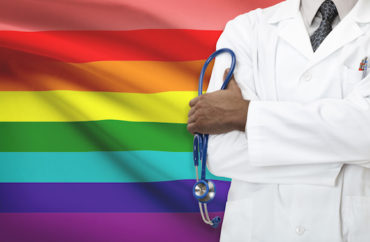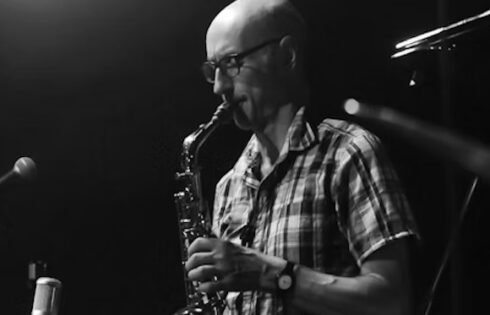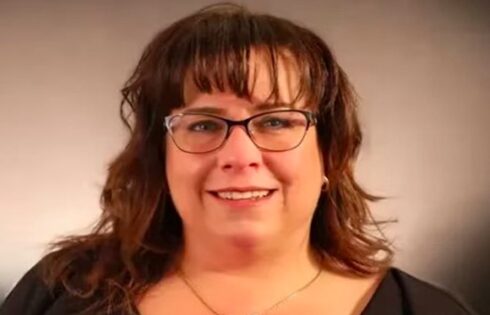
A new study claims gay, lesbian and bisexual medical students suffer higher rates of “burnout” than their heterosexual peers due to “perceptions of mistreatment” and a “heteronormative” (medical) education.
Published last month in the Journal of the American Medical Association, the study by Brown and Yale University researchers measured “burnout” — defined as “prolonged periods of stress and emotional exhaustion” — via a questionnaire given to fourth-year medical students.
According to The Brown Daily Herald, the researchers found LGB students were “disproportionately represented” in the quartile of respondents which experienced the greatest burnout symptoms.
Elizabeth Samuels, a professor of emergency medicine at Brown, noted reports of “mistreatment” made up 31 percent of the burnout increases. She said “inequities in the underlying educational system” could be another factor contributing to burnout.
Director of Simulation Research and Associate Fellowship Director for Medical Simulation at Yale Medical School Ambrose Wong, a co-author of the study, believes the increased rates of burnout are partly a result of “a structural problem from the way health care education is designed.” Wong explained that because medical schools often teach medicine through a heteronormative lens, they can be alienating to sexual-minority medical students.
“Most people are heterosexual and have less familiarity and less training with people that are LGB. So when you’re in that environment and you don’t identify with that norm, immediately there’s a sense of disconnect, of feeling like you’re an outsider,” Wong said.
The researchers hope that the results of this study will raise awareness about inequities in health care education and prompt discussion about how to make medical schools more inclusive.
The current “culture in addressing and responding to mistreatment” focuses on individual mistakes without addressing the issues at the institutional level, Boatright said. He believes a more productive solution would involve medical school members coming “together as a community” to discuss acts of discrimination, prompting long-term changes in school culture.
Christopher Bayston of the Spectrum LGBTQ support group at Brown’s Alpert Medical School said that “seeing yourself in the curriculum” can help with (students’) mental health. He also pointed to recent curriculum changes at Alpert in which students are taught to ask for patients’ pronouns and to “not assume the gender of sexual partners.”
The researchers point out they are limited to offering associations, not “causal relationships,” and that their data are “subject to response and recall bias” due to the nature of self-reporting. In addition, the study did not account for “intersex, transgender, gender nonbinary, or gender nonconforming” students.
Read the study and Daily Herald article.
MORE: Medical schools: The next front in the transgender wars
IMAGE: Niyazz / Shutterstock.com
Like The College Fix on Facebook / Follow us on Twitter





Please join the conversation about our stories on Facebook, Twitter, Instagram, Reddit, MeWe, Rumble, Gab, Minds and Gettr.